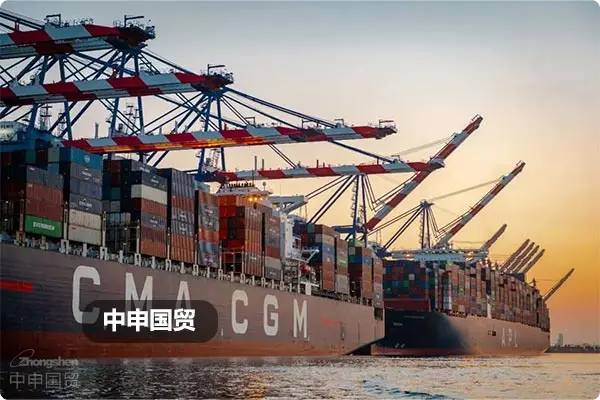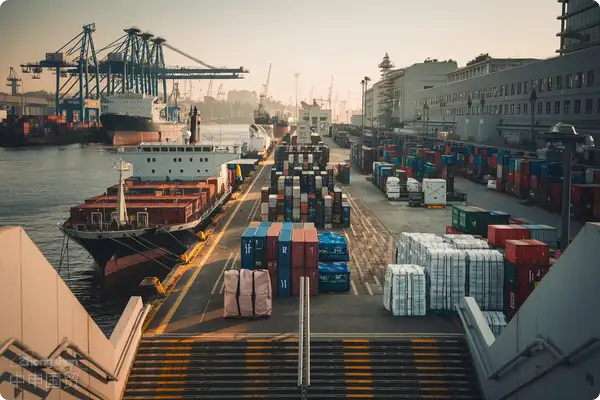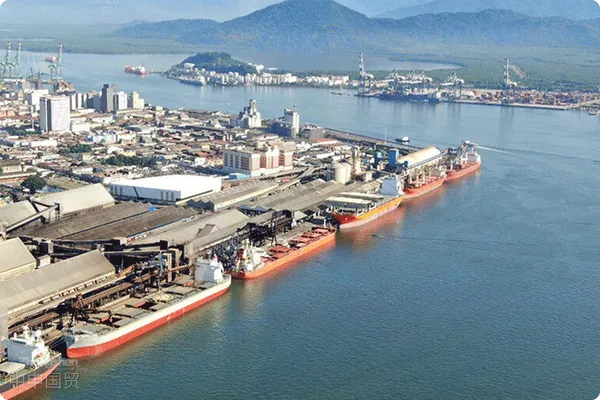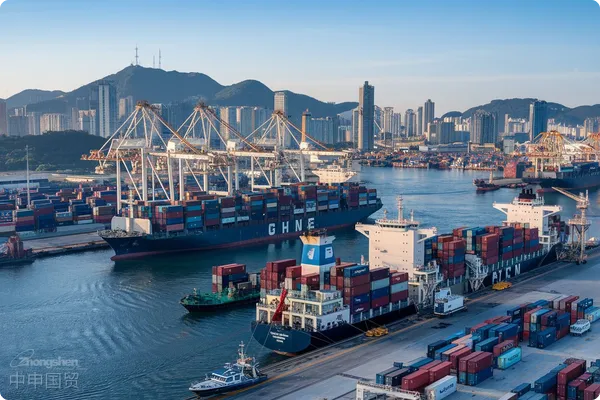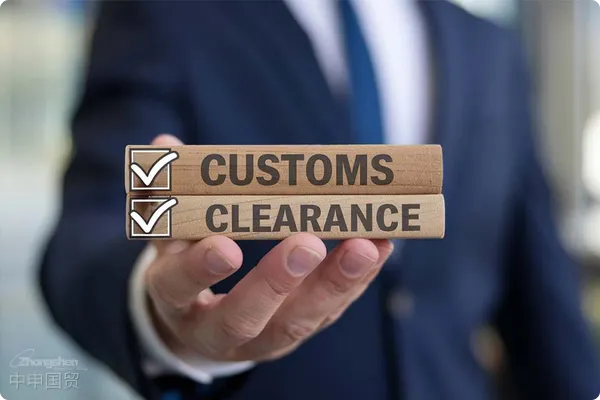- Shanghai Zhongshen International Trade Co., Ltd. - Two decades of trade agency expertise.
- Service Hotline: 139 1787 2118
If the customs notifies you that the customs code of the goods you exported before is incorrect, there may be certain impacts. However, overall, if the classification error does not involve tax rate differences or other major issues, the handling is relatively simple. The following are the steps and precautions for dealing with such problems when exporting chemicals:
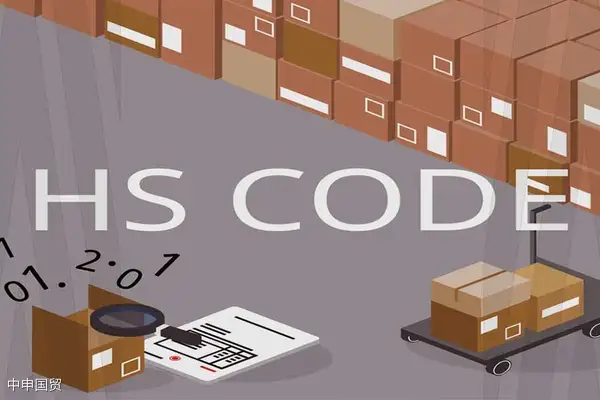
I. Act immediately
Contact the customs:Contact the customs as soon as possible to understand the specific situation and requirements, and confirm what documents and information need to be provided.
Check the HS code:Compare the new HS code given by the customs with the previously declared one, confirm the differences, and prepare relevant explanatory materials.
II. Prove the accuracy of classification
Pre - classification report:Find an authoritative third - party institution (such as the commodity inspection bureau or a professional chemical testing institution) to pre - classify the product. The pre - classification report should include a detailed description of the product, component analysis, and the recommended HS code.
Prepare internal materials:Prepare all technical materials, component analysis reports, usage instructions, etc. related to this batch of goods to prove the rationality of your initial classification.
III. Submit supplementary materials
Standardized declaration materials:Submit standardized declaration materials as required by the customs. This includes a correction report for the classification error, a new classification description, a pre - classification report, etc.
Contact the freight forwarder:Cooperate closely with the freight forwarder to ensure the accuracy and timeliness of all documents.
IV. Deal with the possibility of penalties
Understand the basis for penalties:If the classification error is finally confirmed, understand the possible basis for customs penalties. The Customs Law of the Peoples Republic of China and related regulations clearly stipulate the penalties for classification errors. Generally speaking, if there is no subjective intention and there is no difference in tariffs and tax rebates, the penalty is relatively light.
Written explanation:Prepare a detailed written explanation to explain the reasons for the classification error (such as due to the complexity of product characteristics, changes in classification standards, etc.), emphasizing that there is no subjective intention and no actual tax loss.
V. Preventive measures
Regular internal audits:Regularly conduct internal audits of the HS codes of all the companys export products to ensure the accuracy of classification.
Strengthen training:Strengthen employees training on customs classification and related regulations to improve the overall compliance of the business.
External consultation:When necessary, hire professional customs consulting companies or law firms to ensure compliance in classification and declaration.
VI. Summary and suggestions
Complexity of chemical product classification:Due to their complex components and wide range of uses, chemical products are prone to problems in classification. Enterprises should establish a sound classification management system.
Maintain communication with the customs:Maintain good communication with the customs and promptly feedback any changes or questions, which helps reduce the risk of classification errors.
Record classification changes:Record in detail the reasons and processes for each classification change for subsequent inquiries and audits.
Overall, after the customs notifies of a classification error, the most important thing is to respond promptly, provide sufficient supporting materials and explanations, and ensure the compliance of subsequent operations. Usually, if there is no tax rate difference and it is not a subjective intention, the penalty will be relatively light. Through these measures, the current problem can be effectively resolved and similar situations in the future can be prevented.
Related Recommendations
Contact Form
? 2025. All Rights Reserved. 滬ICP備2023007705號-2  PSB Record: Shanghai No.31011502009912
PSB Record: Shanghai No.31011502009912
